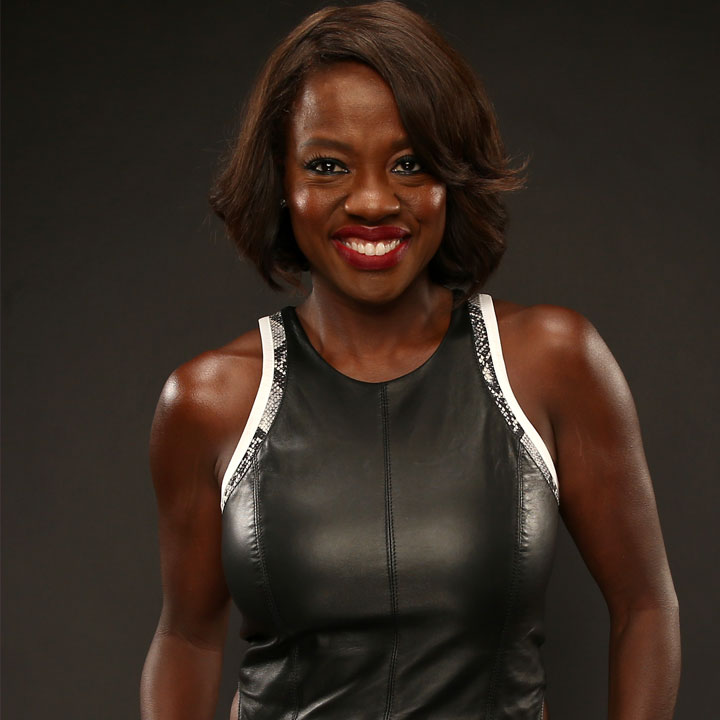This post was originally published on this site
“I always say that if I were not a celebrity, I’d be invisible” said Viola Davis as she sat across from NPR’s Audie Cornish.
The Emmy, the Tony and the Academy Award-winning actress is a black woman from South Carolina. Her father trained horses and her mother was a maid. The harsh reality is, if not for her celebrity, Viola Davis would likely be unseen and forgotten.
The theme that Davis is tapping into is the invisibility of black women; an experience of black women being overlooked and forgotten. Sadly, this invisibility is somewhat pervasive and occurs in Hollywood, the board room, the newsroom. The world. But this invisibility isn’t exclusive to our accomplishments; it includes our beauty and femininity—how we are treated, and whether we are supported. Or not.
Last week Davis and Cornish spoke at the 92Y before an intimate crowd of adoring fans (including myself), many of whom were black women.
“We [black women] have never felt supported, and we [black women] have never felt adored” said Davis. And some audience members nodded in agreement—we understood what it meant to be over looked, and perhaps feel invisible.
But director Oscar-winning director Steve McQueen was different; he makes Viola feel adored. “He is a director that sees you,” said Davis.
And Viola Davis is an actress worthy of being seen. Damn it, Davis has achieved the triple crown of acting. She’s everyone’s favorite meme. Still, she’s had more than enough experience playing maids, drug addicted moms and best friends. In Widows, Viola Davis is taking the lead. The actress plays the role of Veronica: A widow, leading a group of widows who plot to pull off a heist. As you may have heard the character of Veronica was written for a white woman.
This isn’t the first time that Davis has taken a role reserved for a white woman. Case in point: Annalise Keating of How to Get Away with Murder. Annalise, too, was written for a white woman—and the 53-year old actress refused to read (or audition) for it. After all, the two prominent white actresses who were also up for the role didn’t have to read. Why should she?
“I have a deep voice. I’m not a size two. People feel like I’m a take-charge; that’s how I come off.” She paused. “But then he [Steve McQueen] sees my shyness. He sees a part of me that is very feminine and fragile.”
What Viola Davis evidences is that the essence of who we are–as black women–is so complex. We must be strong. Strong enough to raise children, support our selves and our families (sometimes alone). We must be smart, because mama didn’t raise no fool. We must fight. Life is an incessant fight for our rights, our wages, our acceptance. But when we take a step back, and put our fists down, we are still black women: Majestic, serene, beautiful, feminine—sometimes gentle, sometimes fragile.
Viola Davis, you are seen.
Listen to the entire conversation with Audie Cornish here.






Facebook Comments